Johanna Doren
1. Describe your past and current involvement with Intervale Community Farm (ICF) and why you are excited about serving on the Board.
I have been a CSA member at ICF for two years, and before that joined Bonnie for several weekend volunteer sessions. I was part of another CSA at that time, which didn’t have the community feel I craved. The first time I witnessed an ICF pick-up, I knew it was something I wanted to be a part of. Since then, I’ve been grateful to see how ICF really stands by the values of what community supported agriculture stands for – farmers supporting the community with nutritious food, the community investing in the farm in the best times and in the greatest times of need, and everyone working towards a just food and agricultural system. I would love to serve on the Board as a way to further support the ICF community, and help grapple with the challenges of climate change and strengthen ICF’s commitment to food justice.
2. Please describe any relevant skills you would like to contribute to ICF that make you a good candidate for the Board. This may include specific skills such as accounting and financial planning, land management, engineering, flood management, farm and food sovereignty policy, experience with cooperatives, addressing diversity issues, strategic planning, or past board or community organization experience. Or, you may have never served on a Board or don’t have specific skills but have a passion for food, health or farming and love ICF; describe these qualities as well.
I am the Direct Markets & Local Food Access Director at NOFA-VT (the Northeast Organic Farming Association of Vermont). In this role, I manage programs that work to increase food security for low-income Vermonters while providing local farms with fair prices. I work with ICF on a couple of these programs, and am familiar with the broader landscape of food access and state and federal policies that impact it at the farm level. Also through my work at NOFA-VT, I have been part of our strategic planning process, as well as our more recent organizing and power building work. As a member-led organization, NOFA is building power to achieve our goals by engaging and empowering our membership to be part of – and lead – aspects of our work. I would bring these skills to ICF to support its food access work and cultivating community engagement.
3. The ICF Board has identified the importance of serving the diverse members of the Burlington community whether because of wealth, racial, ethnic or religious background, recent immigration, gender or LGBT identity or other. What experience do you have, personal, business or organizational, that could help ICF work towards this goal? Do you have any suggestions?
Much of my professional work involves navigating the challenges of making local food accessible while maintaining farm financial viability. I have been working to expand our programs at NOFA beyond addressing just financial accessibility, and towards increasing language and cultural accessibility as well. I see a lot of potential for ICF to build on its existing commitment to community food access (through its Solidarity Shares, partnership with NOFA’s food access programs, and other organizational partnerships) to further the ways it is a resource for everyone in the community, particularly those with the greatest barriers to accessing local food.
Personally, I identify as queer and am always interested in finding more ways that LGBTQ+ folks can feel empowered to engage with a community resource, such as ICF. I would be excited to explore new or deepen existing partnerships towards this end.
4. ICF experienced tremendous flooding this year which impacted our food, our land, and our personnel. We think these events might become more frequent in the future, what ideas do you have about the future of ICF and how it might deal with these challenges? Do you currently have the time outside of Board meetings to help grapple with these challenges which involve both short-term and long-term solutions?
The past two seasons of flooding naturally bring up questions about the viability of farming in a flood plain. In thinking about the future, I have the advantage of learning from my fellow staff members and members of NOFA-VT about how climate change, and particularly flooding, has impacted farms across the state. It has helped me see the big picture of land access needs and trends in adaptation methods, which I think is an incredibly important context for ICF as it considers what its future looks like. As was apparent in the way the ICF community came together during the flooding, it is clear that effective solutions will need to be created collectively and within the broader context of Vermont’s farming community.
I do have some additional time outside of Board meetings to grapple with the short- and long-term implications of the impacts of climate change.
5. What else would you like ICF members to know about you?
I am someone who wants to help others as much as I want to learn from others. I see the opportunity to serve on the Board as a chance to give back to the staff at ICF and add value to the experience of members in our constantly evolving world, as well as a chance to learn from other Board, Co-op, and CSA members. I lead with empathy, thoughtfulness, and a love of food, and I really want to share that with this special community!

